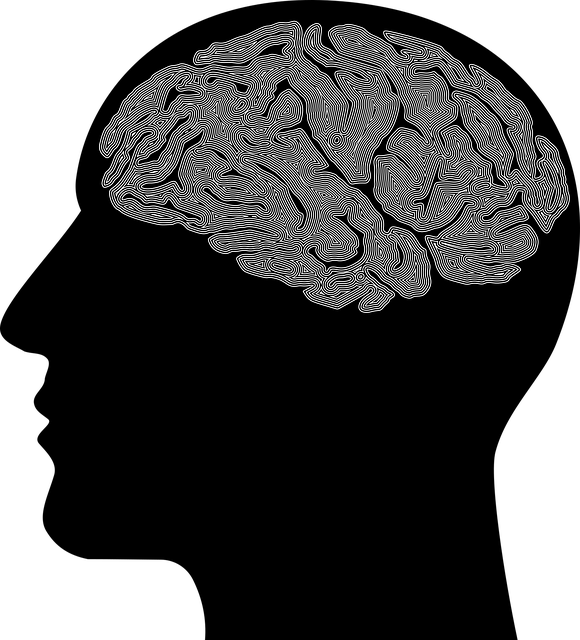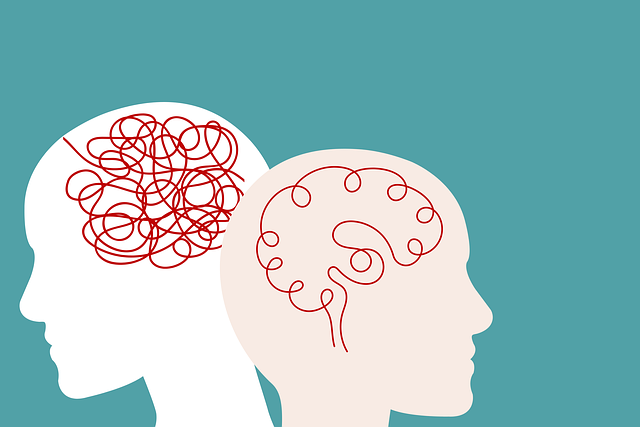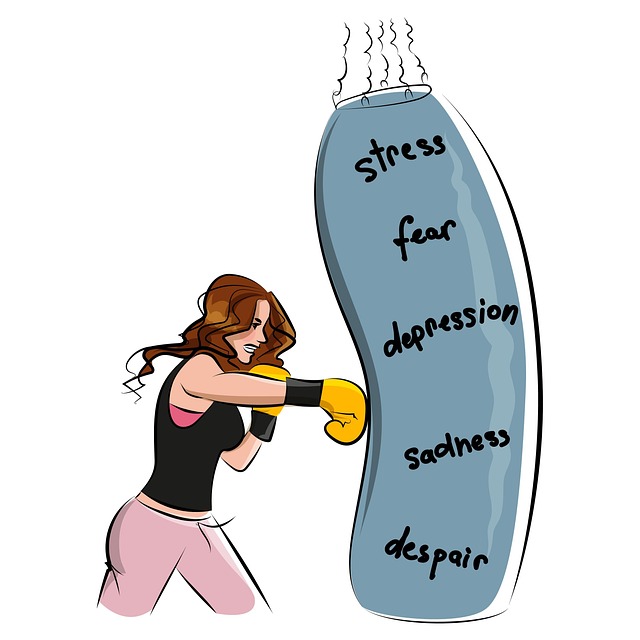Mental Wellness Journaling, encouraged by Englewood Cognitive Behavioral Therapy (ECBT), is a powerful tool for self-exploration and reflection on thoughts and emotions. Regular journaling enhances self-awareness, identifies negative thought patterns, and promotes strategies to manage stress and improve overall well-being. ECBT integrates into this practice, helping individuals challenge cognitive distortions and adopt healthier perspectives. By structuring journals with specific sections and prompts, users can engage in free-flowing writing, fostering emotional awareness and inner strength for mental health support.
Unwind and connect with your mental wellness through the powerful practice of journaling. This article guides you on a transformative journey, offering insights into how Mental Wellness Journaling, inspired by the Englewood Cognitive Behavioral Therapy approach, can enhance emotional well-being. Learn to create a structured journal, explore effective writing techniques, and unlock the benefits of this therapeutic exercise for personal growth and improved mental health.
- Understanding Mental Wellness Journaling
- Benefits of Cognitive Behavioral Therapy (Englewood Approach)
- Creating Your Journal: Setup and Structure
- Effective Writing Techniques for Emotional Release and Growth
Understanding Mental Wellness Journaling

Mental Wellness Journaling is a powerful tool that encourages individuals to reflect on their thoughts and emotions, providing a safe space for self-exploration. This practice involves documenting feelings, experiences, and insights in a personal journal, fostering a deeper understanding of one’s mental state. By engaging in regular journaling, individuals can enhance self-awareness, identify patterns of thinking, and develop strategies to manage stress and improve overall well-being. It is an essential aspect of various therapeutic approaches, including Englewood Cognitive Behavioral Therapy (CBT), which focuses on challenging negative thought patterns and behaviors.
This form of therapy empowers people to take charge of their mental health by offering a private and reflective avenue for processing emotions and experiences. The practice aligns with the Mind Over Matter principles, emphasizing the profound impact of self-reflection and expression on one’s psychological landscape. Moreover, community outreach programs implementation and public awareness campaigns development can further encourage journaling as a means of fostering open dialogue about mental wellness, breaking down barriers, and creating supportive environments.
Benefits of Cognitive Behavioral Therapy (Englewood Approach)

The Englewood Cognitive Behavioral Therapy (CBT) approach offers a structured and effective method to enhance mental wellness through journaling exercises. CBT focuses on identifying and changing negative thought patterns and behaviors, empowering individuals to take control of their emotional well-being. By integrating this therapy into journaling practices, users can explore their thoughts, challenge cognitive distortions, and replace them with more adaptive perspectives. This process encourages self-reflection, fosters personal growth, and provides valuable crisis intervention guidance when faced with challenging emotions or situations.
The Englewood CBT methodology also includes risk management planning for mental health professionals, ensuring they are equipped to handle sensitive issues that may arise during journaling sessions. Additionally, conflict resolution techniques learned through this approach can facilitate open communication and improve interpersonal relationships, further contributing to overall mental wellness.
Creating Your Journal: Setup and Structure

Creating your mental wellness journal is a powerful first step towards prioritizing your psychological well-being. Start by choosing a space and format that feels comfortable and conducive to reflection. Consider using a physical notebook or a digital document, depending on what suits your preference and accessibility. The setup should be tailored to your needs; for instance, some people prefer dedicated time each day, while others might find it beneficial to jot down thoughts whenever they arise.
Structure is key. Organize your journal with sections that align with the aspects of mental wellness you wish to focus on. This could include mood tracking, gratitude practices, or exploring thoughts and behaviors through cognitive behavioral therapy (Englewood Cognitive Behavioral Therapy) techniques. Incorporate prompts for self-reflection, such as identifying emotions, challenging negative thought patterns, or noting coping strategies. Remember, the goal is to create a safe space for introspection, so ensure your journal setup supports this process and encourages regular engagement.
Effective Writing Techniques for Emotional Release and Growth

Engage in free-flowing writing to release emotions is a powerful tool for mental wellness, as encouraged by Englewood Cognitive Behavioral Therapy (ECBT). Letting thoughts flow onto paper without censorship allows individuals to explore and process their feelings. This practice facilitates emotional awareness and can help identify patterns or triggers contributing to distress. By jotting down whatever comes to mind, be it worries, frustrations, or even happy moments, you create a safe space for self-expression.
Incorporating effective writing techniques further enhances this practice. For instance, using descriptive language to paint vivid pictures of emotions can provide insights into their nuances. Additionally, practicing mindfulness while writing ensures that the present moment is acknowledged, fostering a deeper connection with one’s inner world. Conflict resolution techniques might also emerge naturally during these sessions, as individuals confront and reframe negative thoughts. Ultimately, consistent self-care practices fostered by mental wellness journaling contribute to developing inner strength and resilience.
Mental wellness journaling is a powerful tool that combines the benefits of cognitive behavioral therapy with expressive writing, as exemplified by the Englewood Approach. By setting up your journal with structured yet flexible templates and employing effective writing techniques, you can harness emotional release, foster personal growth, and enhance mental wellness. Regular practice may even revolutionize your mindset, enabling you to navigate life’s challenges with greater resilience and clarity. Remember that consistent effort and self-compassion are key to unlocking the therapeutic potential of journaling for improved mental health.










